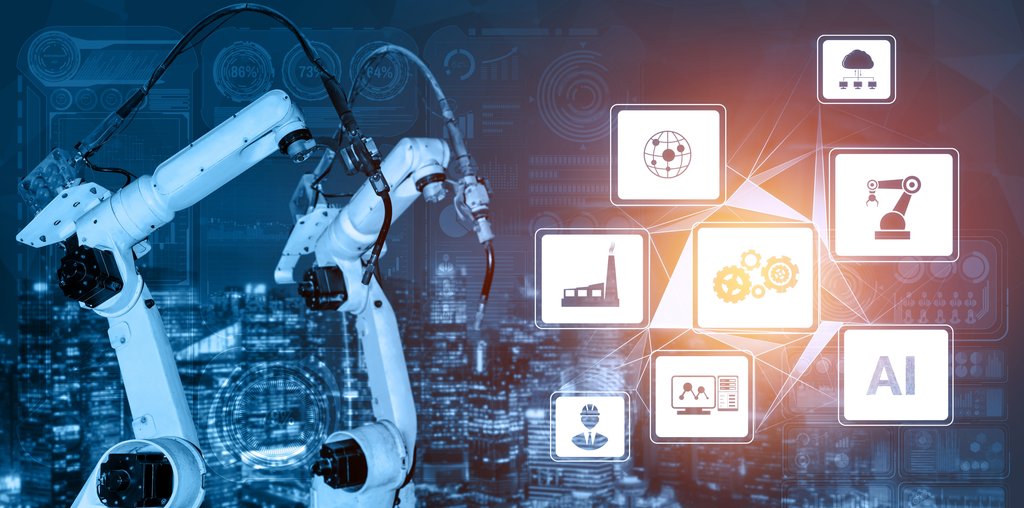New Developments in Generative AI and Their Real-World Applications

Generative AI is revolutionizing the tech sector with its ability to create content, mimic human creativity, and solve difficult problems. From creating digital art to assisting in scientific discoveries, this state-of-the-art technology is becoming an indispensable part of our lives. Let's look into the most recent advancements in generative AI and its real-world applications across numerous industries.
New Developments in Generative AI
1. Customization and Foundation Models
General-purpose AI applications have been made possible by foundation models such as GPT-4. In order to increase efficiency and accuracy, organizations are now customizing these models for tasks, unique to their industries. AI's usefulness is greatly increased, for instance, when it is refined for scientific study or the creation of legal documents.
2. Generative AI with Multimodality
Our interactions with AI are changing as a result of the convergence of text, image, video, and audio generation. Virtual assistants, games, and even education are being improved by multimodal AI, which can process and create several types of data.
3. Creativity Supported by AI
AI is working with creative industries more and more. Artists, authors, and filmmakers may now generate ideas more quickly while still keeping creative control with the help of AI like Adobe Firefly.
4. AI Tools That Are Low-Code and No-Code
Even non-experts can now comprehend generative AI because of user-friendly interfaces. Platforms that provide drag-and-drop AI functions enable businesses to deploy AI solutions without requiring a high level of technical expertise.
5. AI for Customization
Generative AI is driving hyper-personalization across industries like marketing, education, and healthcare. For example, AI can craft tailored treatment plans for patients, create customized lesson plans for students, and deliver highly targeted marketing campaigns based on individual customer preferences.
Applications of Generative AI in the Real World
1. Medical care
Treatment planning and diagnosis are being transformed by generative AI. Artificial intelligence (AI)-generated synthetic medical data, for example, aids in model training while protecting patient privacy. Additionally, AI-powered technologies model medical procedures for training and develop customized medicine compositions.
2. Education
Students can receive personalized study schedules, immediate feedback, and interesting learning resources from generative AI tools like ChatGPT and personalized learning systems. AI is also used by educators to automate administrative duties, freeing up time for deeper conversations.
3. Manufacturing
By producing creative ideas with little material use, generative design maximizes product development. AI simulations also improve predictive maintenance and supply chain efficiency.
4. Promotion
Interactive chatbots, customized email content, and targeted advertising campaigns are all produced using generative AI systems. Large-scale, personalized marketing materials may now be produced by brands efficiently and affordably.
5. Games and Entertainment
Generative AI is revolutionizing creativity, from producing lifelike game settings to writing screenplays for motion pictures. Deepfake people and immersive plotlines are examples of AI-generated material that is quickly taking over the entertainment industry.
6. Finance
AI is automating portfolio management, fraud detection, and report preparation. Generative AI systems, for instance, produce dynamic financial models that assist analysts in making defensible decisions instantly.
7. Online shopping
Generative AI creates realistic product visuals, improves product suggestions, and even composes product descriptions. Virtual fitting rooms and other immersive shopping experiences are also made possible by this technology.
Conclusion
Generative AI is rapidly transforming industries by enhancing creativity, improving efficiency, and enabling hyper-personalization. From healthcare and education to finance and entertainment, its real-world applications are unlocking new possibilities and reshaping how we work and live. As this technology continues to evolve, its potential to drive innovation and solve complex challenges will only grow, making generative AI an essential force in the future of business and society.



